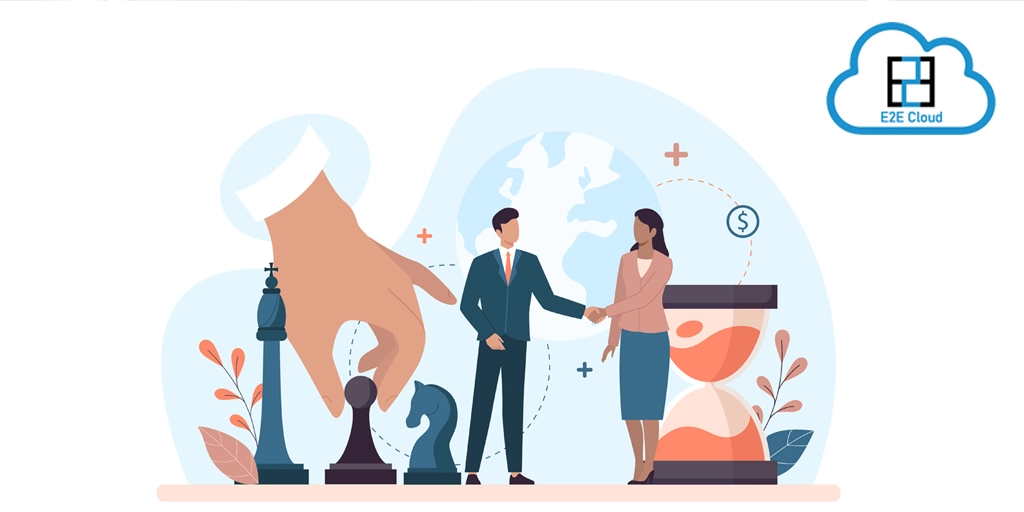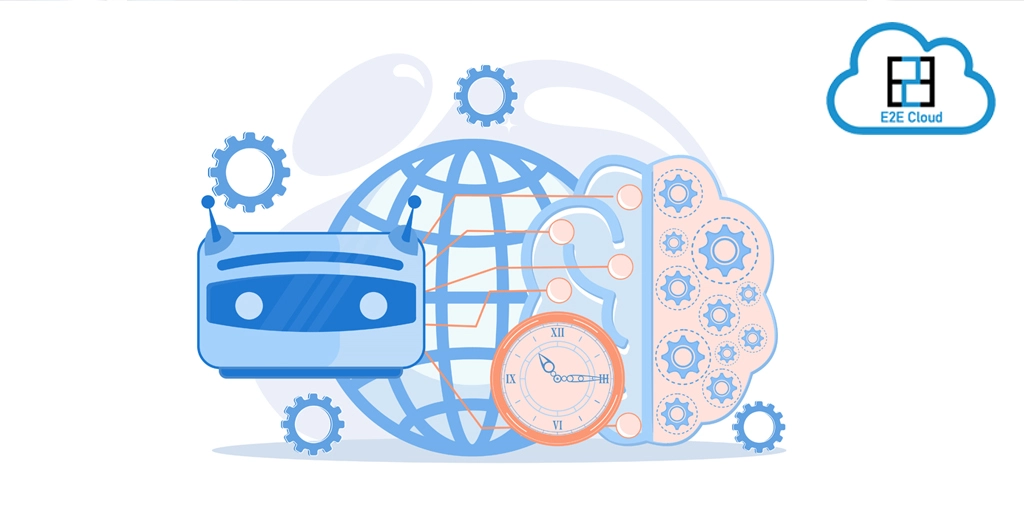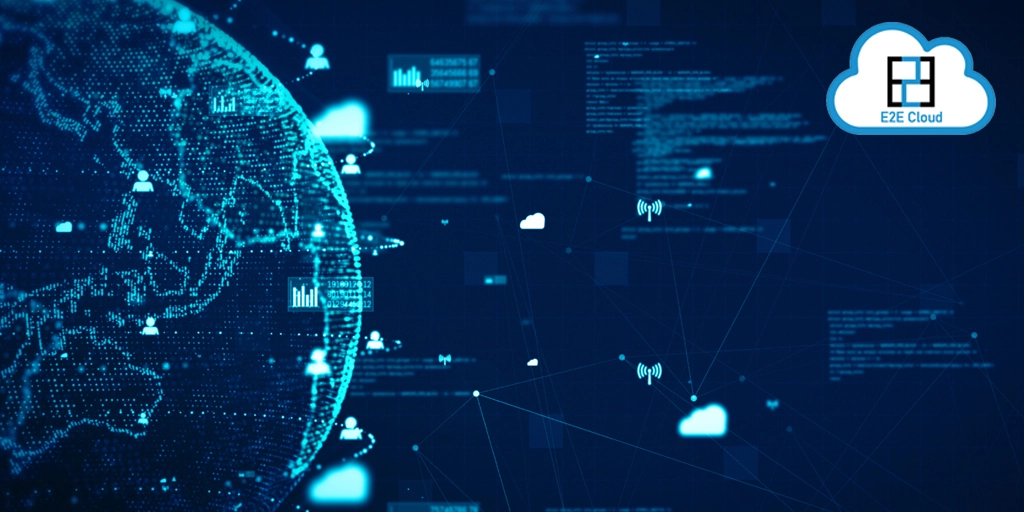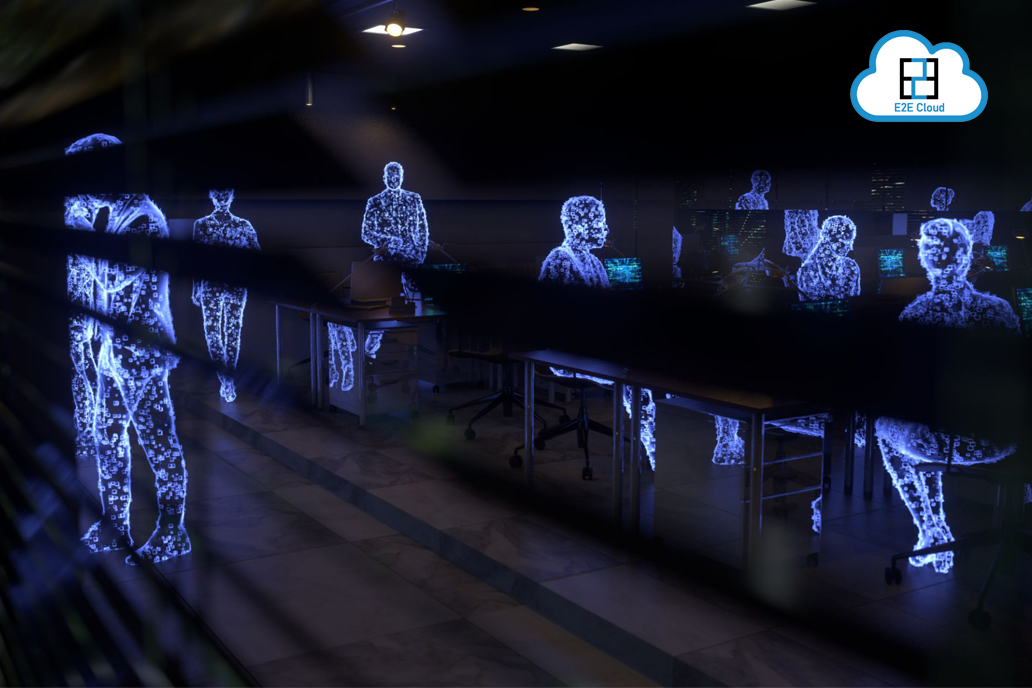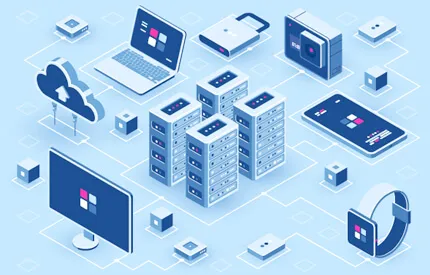Introduction
The lines between the workforces of humans and machines are quickly eroding as the nature of labor changes as a result of significant technological penetration. The two sides of this coin are being highlighted by emerging technologies like machine learning, artificial intelligence, the internet of things, robotics, etc. On the one hand, forecasts are made about how pervasive automation will make human jobs obsolete. On the other hand, there is a focus on human roles that will be crucial and require especially human abilities that make use of creativity, critical thinking, and problem-solving.
According to a survey, "almost all vocations will be impacted by automation, but only around 5% of occupations might be totally mechanized by currently demonstrated technology." amidst this can we say AI is going to benefit HR in the future?, and if yes then how AI will benefit the HR?
The shortest answer to this is yes. Owing to current development in AI industry and demands AI will really impact HR in the future. In this article, let’s deep dive into how AI is going to benefit HR and what are its implications of it along with major trends in HR.
Table of contents:
- The benefits of AI in the HR department
- Disadvantages of AI in HR
- How to sustain AI-led change
- Major AI trends in HR
- Conclusion
- The benefits of AI in the HR department
AI needs to learn from you and your team in order for the machine learning component to be genuinely effective. Then, because they will be completed more quickly, some tasks can be duplicated, automated, and improved. Additionally, you must adapt to new procedures and personalize the system to suit your tastes.
Benefits of AI for employees:
Employees frequently lament their lack of free time and excessive workload. They will no longer have any cause to complain because AI systems are created particularly to fight time wastage.
Automating a procedure like leave applications is one illustration. AI can determine whether it's the best time to take a break instead of scheduling a meeting with HR:
- Do major initiatives launch at that time?
- Did other staff members reserve the same time, necessitating your presence there?
Since you can speak to a chatbot instead of waiting for an employee to respond since humans typically want to strike up a conversation first, even routine HR inquiries may be handled fast.
Many other benefits employees will receive are like:
- First impressions are formed based on resumes and background checks, impartially. Robots won't have any biases against personality types, gender, or even race, so everyone will have an equal chance.
- Rapid response to applications because AI can swiftly sort through bid data to identify the most qualified candidates.
Benefits for the HR practitioners:
First of all, if a chatbot can respond to general questions, it frees up a lot of time for an HR team member. AI's ability to automate time-consuming processes like keeping track of employee hours also saves more time.
However, the recruitment process once more offers the most interesting advantages, such as letting you manage paperwork with software rather than doing it by hand. One system that takes care of everything for you is "Mitrefinch," which may be used to manage the entire procedure.
Your AI system can pick out the most promising candidates from a list of applicants, as was already indicated. Its involvement, though, begins much earlier than that.
Based on performance evaluations and other data, AI may analyze data to decide which skills, personalities, and roles are most needed in a firm. AI can quickly and accurately perform this instead of HR workers poring over the material.
AI-driven tools are the best way to enable a number of administrative HR tasks, including managing payroll and benefits, time and expense reporting, invoicing, tracking business commutes, customizing workflows, configuring policies, etc. The goal is to automate routine processes so that human workers can concentrate on work that adds value.
- Disadvantages of AI in HR
There is always some downsides of AI other than just positives. It usually comes with a learning curve and some stress. However, if you are aware of what to anticipate, you can be more equipped to overcome challenges. What to watch out for is listed below:
- You may depend on AI to choose the best candidate for a job, but a machine might not be able to discern some traits that will emerge in a personal conversation.
- If your workforce is not properly trained, technology may overwhelm them. This frequently results in programs being uploaded to a system, but old processes still start running after. That is a financial waste.
- If employees solely communicate with AI, they can feel alienated.
- How to sustain AI-led change
AI will progressively modify the game. A McKinsey poll found that some of AI's limits are technological, such as the necessity for enormous training data sets and challenges "generalizing" algorithms across use cases. The ability of enterprises to adopt AI technologies, where it is frequently challenging to really ingest digital due to people, data availability, technology, and process preparedness, represents an overall problem.
"Organizations change considerably more slowly than technology," wrote George Westerman in his paper on digital innovation. Leaders must plan their people strategy around an AI-heavy workforce if they want to see persistent change. To optimize and improve human processes, they need to proactively identify the use cases.
- Major AI trends in HR
We are currently observing a number of significant trends related to artificial intelligence. AI is completely revolutionizing the HR sector, from hiring to onboarding to retention. The recruitment pattern is the first one we've noticed. By looking through resumes and social media profiles, AI is utilized to find possible candidates for a position. To narrow down candidates, it can also conduct preliminary interviews.
Employee training and development is another area where AI integration is very prevalent. In order to assist employees to learn more efficiently and improve their skills, AI can be utilized to design learning programs that are specifically tailored to their requirements and talents.
- Conclusion
In this article, we saw in-depth details of how AI can benefit only the HR department or organization but can help candidates and employees too. We also saw some AI trends in HR along with how to sustain AI-led changes in the HR industry without hampering employees benefits.
References:
[1] https://www.peoplematters.in/article/hr-technology/how-ai-will-reshape-the-future-of-hr-31436
[2] https://community.nasscom.in/communities/future-jobs/ai-going-benefit-hr-future
[3] https://www.amite.co.uk/blogs/how-ai-is-revolutionising-hr-trends-and-future-applications
.png)





